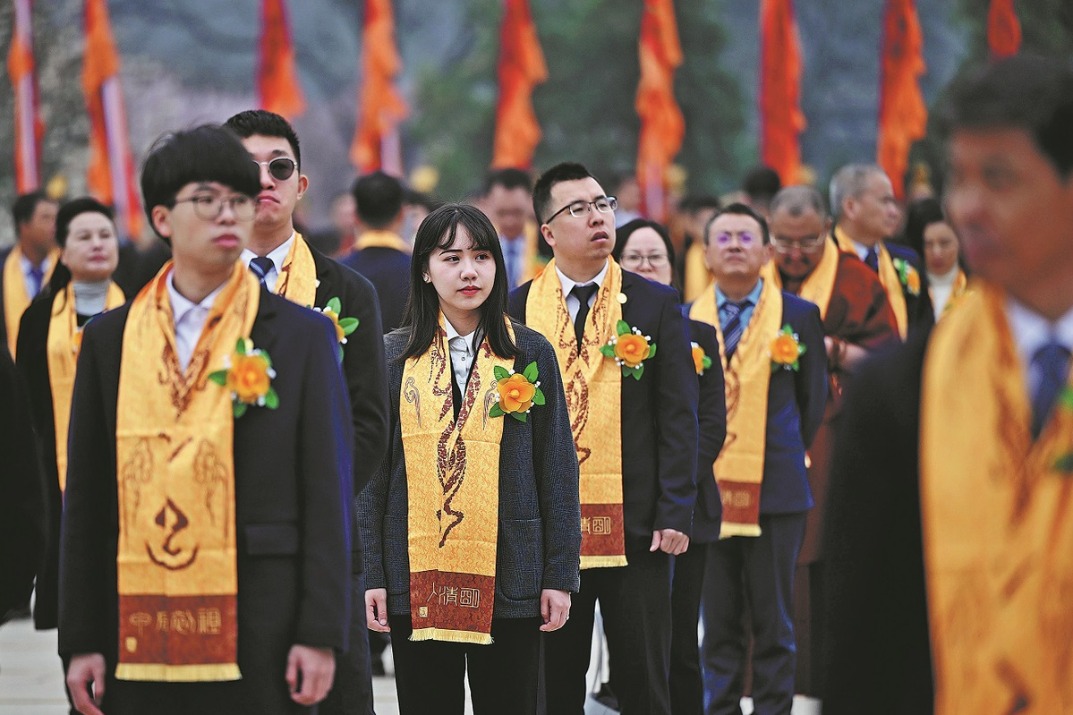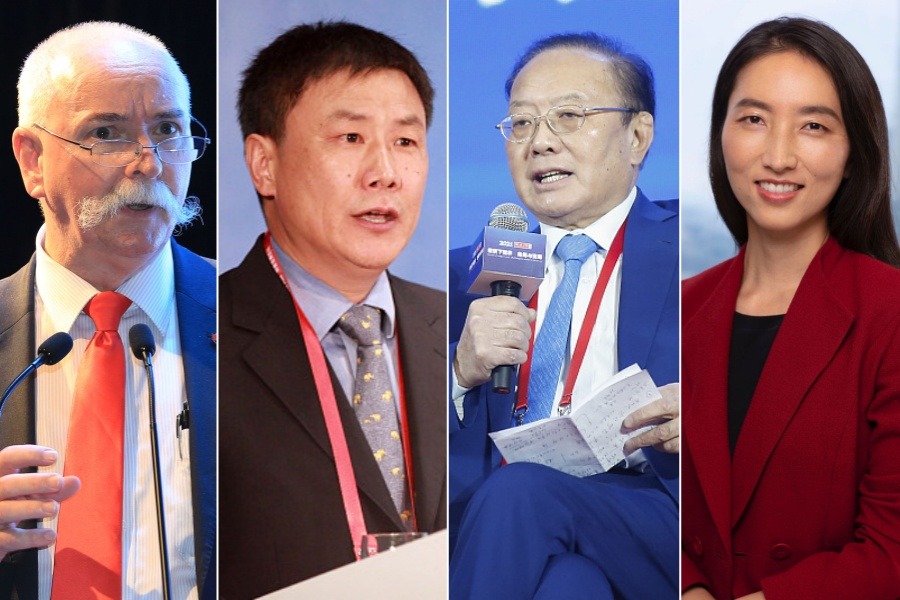Automation with a human touch required


In recent years, China's manufacturing industry has promoted automation, with "robots replacing laborers" becoming a trend and easing some enterprises' dilemma of having to bear higher costs of labor. It has helped many enterprises improve their market competitiveness, climb up the global value chains and become a benchmark for "Made in China" with quality and price advantages.
However, we should also pay attention to technological upgrading, as it is a "double-edged sword" that is increasing unemployment risks. Studies show that the rate at which robots are replacing labors in China is currently less than 1 percent. Nonetheless, society remains anxious about "technical unemployment" in the future. According to the China Labor Statistical Yearbook, the number of employed people in China's manufacturing industry has been on the decline since 2013, falling by more than 10 million in the past five years. Robots are believed to be a major factor for this.
To avoid a "technical unemployment" crisis in the future, we should not only focus on the "robot substitution" rate, but also rethink the relationship between humans and technology. The decision to replace workers with robots is made by enterprise managers on the basis of inputs and returns, production efficiency, production quality and other factors. So, can't robots complement rather than replace workers? Such a technological development path is feasible, but must be based on some factors.
First, there is a need to reach a consensus on which technological upgrading path should be followed, given that emerging technologies such as robotics and artificial intelligence have a profound impact on people's lives and work.
In the past few years, enterprises' decisions to promote automation upgrading have almost always been unilaterally made by the enterprises themselves, leading to the implementation of any method that helps them cut staff, save costs and improve production efficiency.
Second, there should be respect for the value of human labor. The idea of replacing workers with robots can trigger a trend of rejecting human labor, such as manual labor. Instead, if the concept of machines helping laborers is adopted to promote technological transformation, the production process would be human-centric and machines will end up assisting laborers rather than replacing them.
Third, national-level institutional designs should be made to ensure enterprises are not so preoccupied with technology and efficiency that they decide to replace workers with robots. Technological development should serve human society and become a tool for people to have a better life. Technological determinism, or technological innovation led unilaterally by enterprises, may run counter to this goal.









































